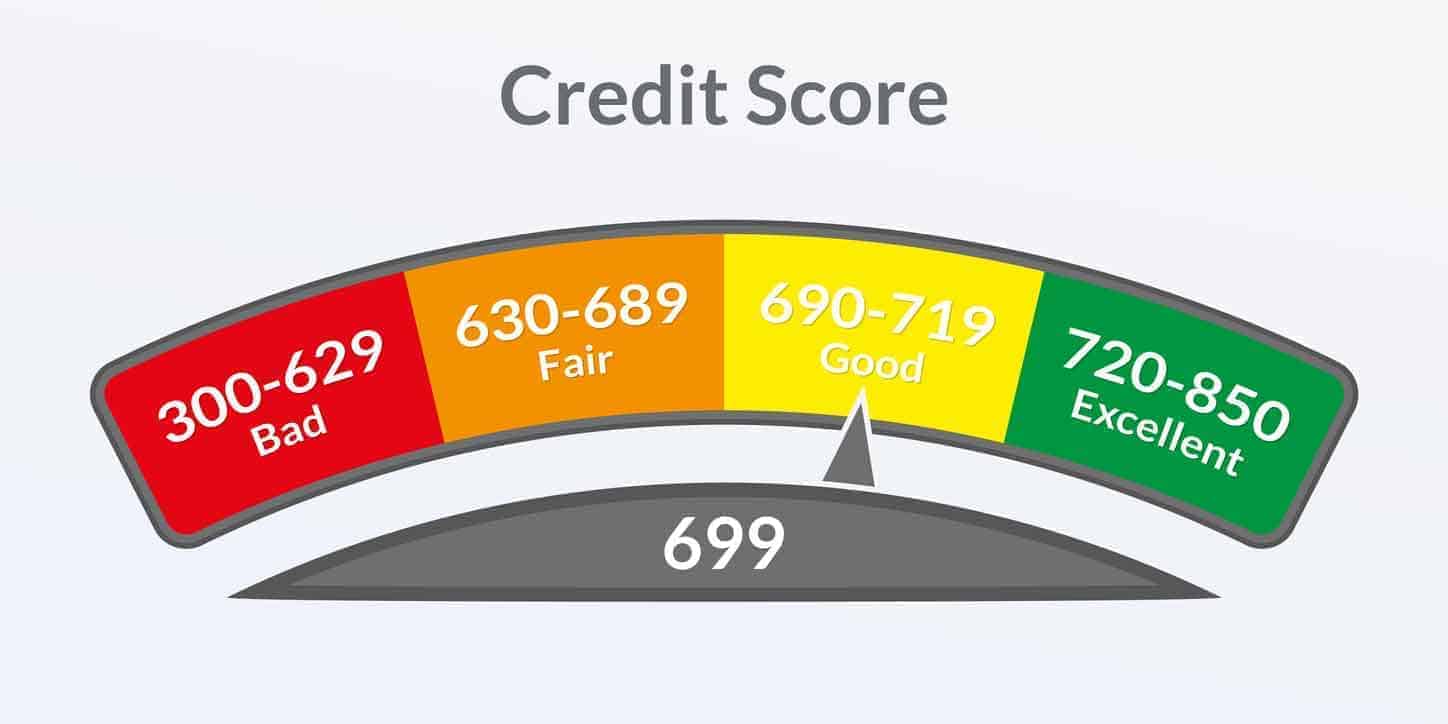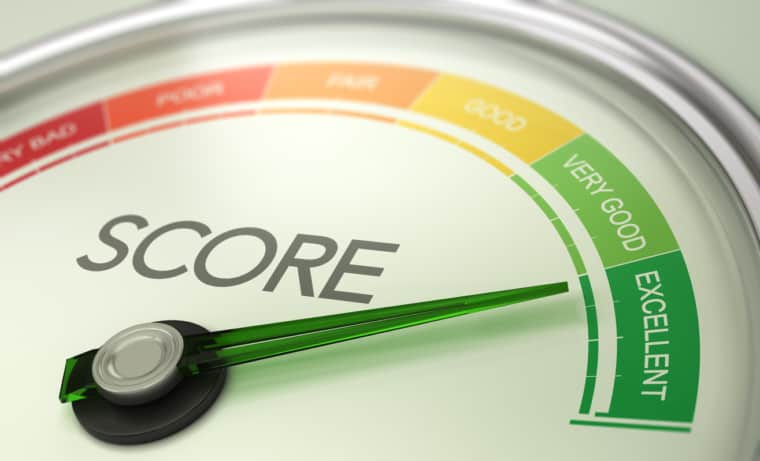What is a Good Credit Score?
If you want to purchase a vehicle, house, or another item on credit, it is important for you to know your credit score. A credit score is a three-digit number that is used by lenders to determine whether or not you are a good credit risk. While many different industries use their own scoring systems, the two primary types of credit scores include the Fico score and the VantageScore systems. Since these two scores are the ones that are relied on by most lenders, I will focus on them in this article. If you find out that your score is lower than you might expect because of your credit card debt, it might make sense for you to get a personal loan to consolidate your credit card debt rather than making the payments directly to your cards.
What is a Fico Score?
Fico scores are created by the Fair Isaac Corporation to allow lenders to analyze the risk of agreeing to lend money to you. Fico scores fall in a range from 300 to 850, with lower scores being the worst and higher scores being the best. In general, lenders consider Fico scores above 670 to be good. Scores above 800 are considered to be excellent. If your score falls in the range of 580 to 669, your credit is considered to be fair. In this range, you can find loans, but you will be considered to be a subprime borrower and may expect to pay a higher rate of interest.
If your score is in the range of 300 to 579, your credit is considered to be poor. In this range, it can be difficult for you to find loans. If you do, you may have to pay a substantial deposit or other fees to get a personal loan. According to statistics from Credit Donkey, 11.7% of people have Fico scores below 549. As of April 2016, 20.4% of people had scores ranging from 800 to 850.
What is VantageScore?
The VantageScore system was created by the three major credit reporting agencies, including Experian, TransUnion, and Equifax. Like Fico scores, VantageScores are used by many lenders to determine your creditworthiness. The VantageScore system also uses a 300 to 850 range. Within this system, a score that falls from 300 to 499 is considered to be very poor. A score that falls from 500 to 600 is considered to be poor, and a score that falls from 601 to 660 is considered to be fair. Scores of 661 to 780 are considered to be good, and scores that are 781 to 850 are considered to be excellent.
Why your score is important

When you apply for a loan, the lender will likely check your credit. If you have a low credit score, you may be denied for the loan. Alternatively, you may be given the loan and have to pay a high rate of interest and higher fees in exchange for being extended a bad credit loan. Lenders use credit scores to analyze the risk that they will have if they agree to loan money to you. In addition to your score, a lender will also look at other factors that are contained in your credit report, including your debt to income ratio, your credit utilization, the length of your accounts, and more.
Even if you pay your bills on time, your score may be lower if you have a high credit utilization rate. For example, if you have several credit cards that you have maxed out, and you only make the minimum payments, your score may be lower. Having a high debt to income ratio can also result in you being denied for a mortgage and for other types of credit.
Factors that affect your credit
Several factors can affect your credit and cause your score to increase or decrease. The factors that may have an impact on your score include the following:
- Number and types of credit accounts
- Length of credit
- Credit utilization rate
- Debt-to-income ratio
- Payment history
- Public records
- Total debt owed
If your score is lower than you’d like, there are fortunately some ways to improve it.
How can I improve my score?
If your credit is not as good as you would like, there are several things that you can do to improve it. If you have multiple credit cards, you might want to consolidate all of them by getting a personal loan. This type of loan may have a lower interest rate than your credit cards. You can get a loan and use it to pay off your credit cards. Instead of making multiple payments each month to your credit card companies, you can then make a single payment to your lender to repay your debt. One type of loan that you might want to consider is a cash-out refinance loan.
A cash out refinance loan allows you to access the equity in your home to repay your debt. These loans normally have significantly lower interest rates than credit cards. Make certain that you establish a good payment history by always paying your bills on time. If you rent your home, ask your landlord to report your payment history to the credit reporting agencies. If you do not have credit, you can build it by getting a secured credit card and making your payments on time each month. A secured credit card may also be a good choice if you have poor credit and would like to rebuild it. Making all of your payments on time each month is crucial to building better credit. If you can repay your debts, you will have a better debt-to-income ratio, which can result in a higher score.
You can also try to add a side income stream to help you to repay your debts faster and to improve your debt-to-income ratio. Start by requesting your credit reports from the big three credit reporting agencies. You can get a free report from each one once per year by going to annualcreditreport.com. When you receive your reports, review each one carefully. If you see any mistakes, challenge them and ask for the information to be corrected. Then, create an action plan for how you will address the remaining problems that you have identified.
Checklist for improving your score
To improve your credit, you should do the following things:
- Get copies of your credit reports and review them
- Request your score from Fico and VantageScore
- Challenge any incorrect information on your credit reports
- If you have no credit, consider getting a loan with a cosigner or a secured credit card
- Get a loan to consolidate your high-interest credit card debts
- Make all of your payments on time
- Ask your landlord and your utility companies to report to the credit reporting agencies
- Monitor your credit
When it comes to your credit, your score is important. Building a higher score can help you to purchase new cars, purchase new homes, and qualify for loans for other things that you want to buy. Some employers check the credit of their applicants, so having a higher score might also help you to land a better job. By following the steps that I outlined above, it is possible for you to obtain a higher score so that you can derive the benefits from it.

